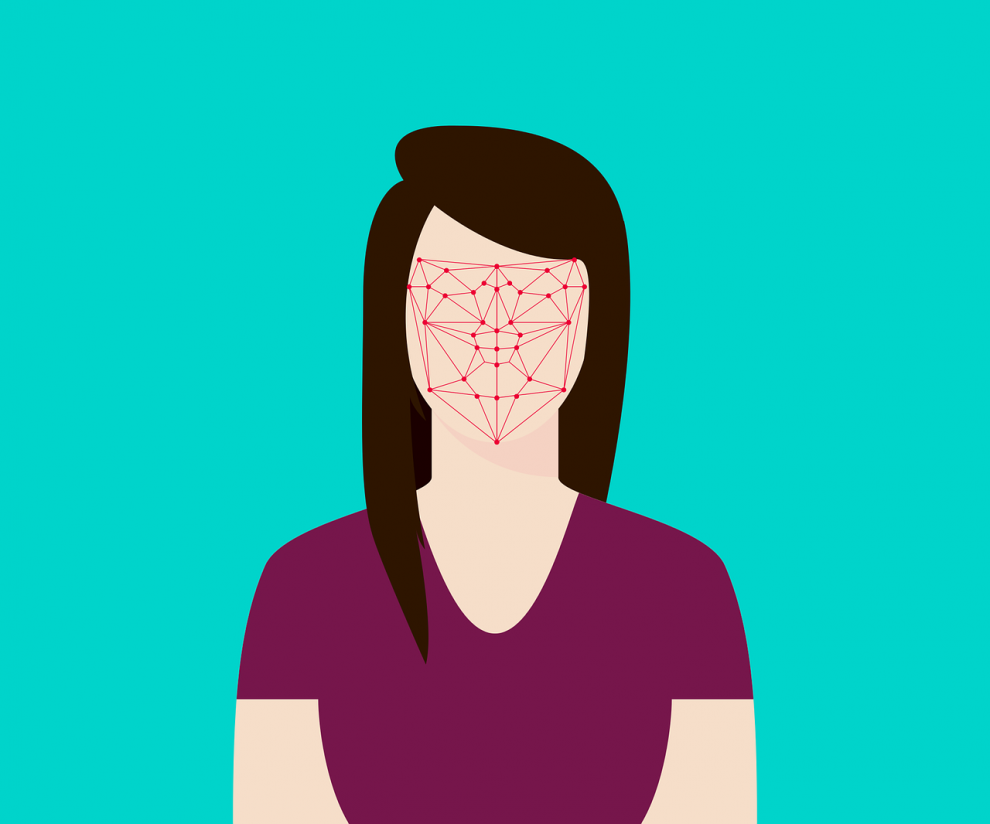Delta Airlines sta realizzando un sistema di check-in basato sul riconoscimento facciale. I servizi segreti americani stanno realizzando un sistema di sicurezza per la Casa Bianca basato sul riconoscimento facciale. La Cina notoriamente fa uso di questa tecnologia per la sicurezza del regime. Un rapporto Ucla mostra la diffusione dell’uso del riconoscimento facciale in America, Cina e molti altri paesi.
Microsoft e AI Now Institute presentano le loro idee sul riconoscimento facciale a base di intelligenza artificiale e chiedono regolamentazione. Non lasciare le aziende nel dilemma tra un comportamento etico e un successo di mercato: si possono stabilire regole che inducano tutti a comportamenti rispettosi dei diritti umani.
Questi i documenti di cui stiamo parlando:
Facial recognition: It’s time for action, Microsoft
AI Now Report 2018, pdf, AI Now Institute
Abstract. Facial recognition has to be regulated to protect the public, says AI report, TechReview
Queste le preoccupazioni principali della Microsoft:
«First, especially in its current state of development, certain uses of facial recognition technology increase the risk of decisions and, more generally, outcomes that are biased and, in some cases, in violation of laws prohibiting discrimination.
Second, the widespread use of this technology can lead to new intrusions into people’s privacy.
And third, the use of facial recognition technology by a government for mass surveillance can encroach on democratic freedoms.»
Come riporta la TechReview del Mit, AI Now suggerisce:
«The report suggests, for instance, extending the power of existing government bodies in order to regulate AI issues, including use of facial recognition: “Domains like health, education, criminal justice, and welfare all have their own histories, regulatory frameworks, and hazards.”
It also calls for stronger consumer protections against misleading claims regarding AI; urges companies to waive trade-secret claims when the accountability of AI systems is at stake (when algorithms are being used to make critical decisions, for example); and asks that they govern themselves more responsibly when it comes to the use of AI.
And the document suggests that the public should be warned when facial-recognition systems are being used to track them, and that they should have the right to reject the use of such technology.»
Dopo Tim Cook che chiede all’America di seguire la leadership dell’Europa in materia di privacy nel digitale, ora la Microsoft, da tempo sensibile a questi temi, esce con una presa di posizione netta. E comunque dichiara che il suo comportamento sarà trasparente e rispettoso, indipendentemente dalla legge.





Commenta